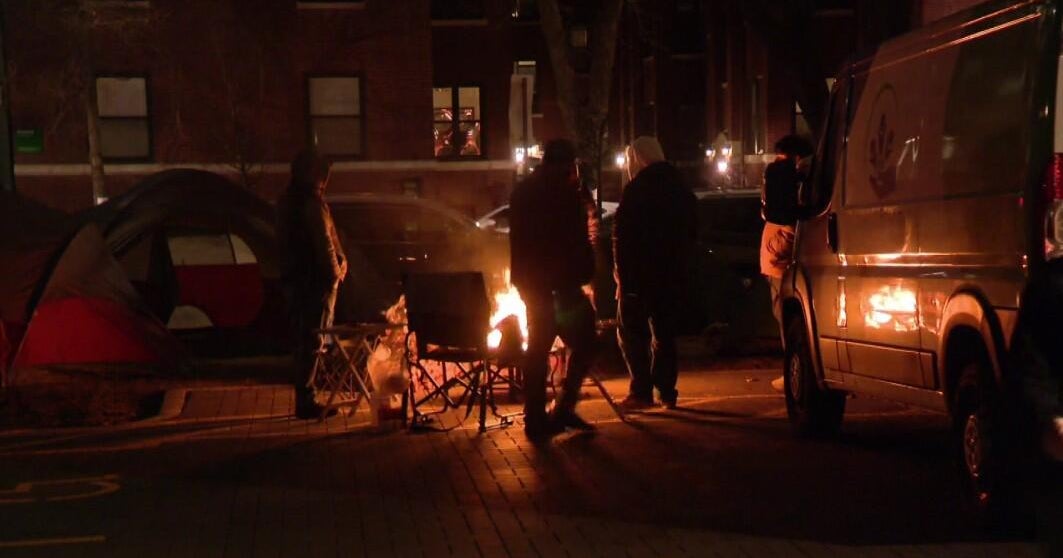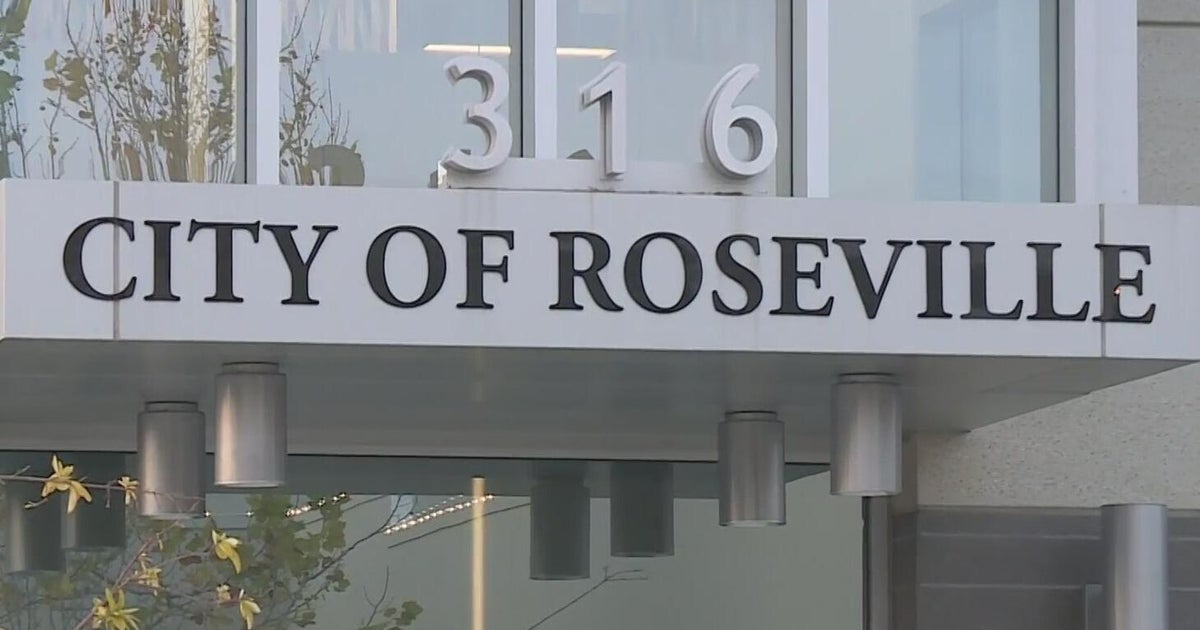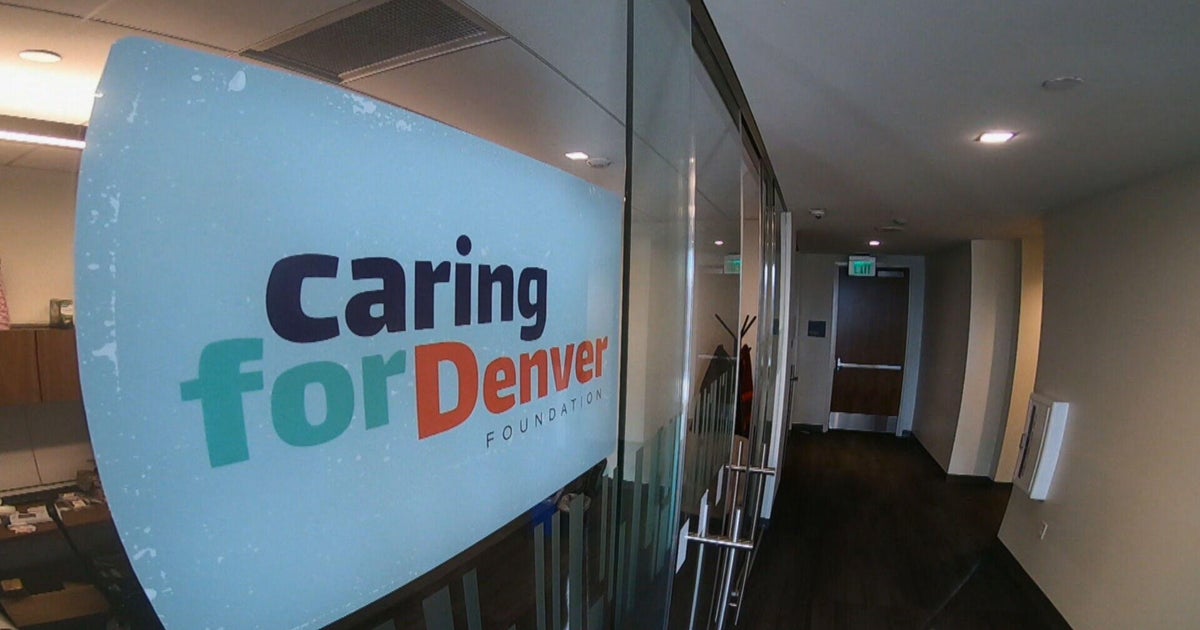Voters to decide on Bring Chicago Home tax referendum; what you need to know
CHICAGO (CBS) -- Voters on Tuesday will get their say on a controversial tax referendum on the ballot in Chicago, asking whether the City Council should be allowed to increase the taxes on the sales of million-dollar properties to help fight homelessness.
Real estate and business groups spent weeks fighting to block the ballot question, claiming it is unconstitutional but lost their court battle when the Illinois Supreme Court declined to take up a lower court ruling in favor of the referendum.
What is the Bring Chicago Home referendum?
The Bring Chicago Home referendum is a signature initiative of Mayor Brandon Johnson and his progressive allies in their bid to increase funding for efforts to fight homelessness.
The measure asks voters to authorize the City Council to increase the real estate transfer tax on the sales of properties for $1 million or more in Chicago while lowering the tax rate for less expensive properties:
- The transfer tax for properties valued at less than $1 million would drop from 0.75% to 0.60%.
- Properties sold for between $1 million and $1.5 million would pay a 2% transfer tax, nearly triple the current rate.
- Properties sold for $1.5 million or more would pay a 3% transfer tax, four times the current rate.
Supporters had initially sought an increase on the real estate transfer tax for million-dollar properties through the Illinois General Assembly, but with no action from state lawmakers, their only other option was to put the question before Chicago voters.
In November, the City Council voted 32-17 to put the binding referendum on the ballot in the March 19 primary election. If approved, the City Council would have to take a separate vote to enact the proposed tax changes.
Why did the referendum face a court challenge?
The Building Owners and Managers Association of Chicago (BOMA) and several other real estate and business groups have argued the tax referendum is unconstitutional, and would effectively lead to a property tax hike for all Chicago homeowners.
Critics have claimed the measure is an example of illegal so-called "log rolling," when unpopular legislation is combined with more attractive proposals to secure popular support. In this case, opponents argued the ballot referendum illegally combined a proposed tax hike with a proposed tax cut.
BOMA and other opponents also have warned that the tax plan would harm the city's already struggling commercial real estate market, diminish existing commercial property values, and lead to higher property taxes for homeowners because the burden of covering the city's property tax needs would shift from commercial to residential properties.
What have courts said about Bring Chicago Home?
On Feb. 23, Cook County Judge Kathleen Burke ruled the referendum was invalid and ordered the Chicago Board of Election Commissioners not to count any votes on the measure.
On March 6, an Illinois Appellate Court panel overturned Burke, noting she failed to explain her reasoning for invalidating the referendum. The appeals court also determined it's not the duty of judges to decide on the validity of a proposed law until the legislative process is complete, noting voters have yet to weigh in on the proposed tax plan.
"Courts do not, and cannot, interfere with the legislative process," the appeals court ruling stated. "Courts are empowered to rule on the validity of legislative enactments only after they have been enacted."
Even if voters approve the Bring Chicago Home referendum on Tuesday, the City Council would still have to vote to enact changes to the city's real estate transfer tax and set a date for the new tax structure to go into effect.
While the Illinois Appellate Court ruling left the door open for a potential challenge to the Bring Chicago Home tax plan if and when it becomes law, a BOMA spokesperson said they were still evaluating their next steps.
How do I vote on the referendum?
Voters in the Democratic and Republican primary elections will get two pages for their ballot. One will list the candidates for President, Congress, Illinois General Assembly, and other elected offices. The second page will be the Bring Chicago Home referendum.
Voters who request a non-partisan ballot will get only the page with the Bring Chicago Home referendum.
That referendum will ask voters to say yes or no to the following question:
"Shall the City of Chicago impose:
(1) a real estate transfer tax decrease of 20% to establish a new transfer tax rate of $3 for every $500 of the transfer price, or fraction thereof, for that part of the transfer price under $1,000,000 to be paid by the buyer of the real estate transferred unless the buyer is exempt from the tax solely by operation of state law, in which case the tax is to be paid by the seller; AND
(2) a real estate transfer tax increase of 166.67% to establish a new transfer tax rate of $10 for every $500 of the transfer price or fraction thereof, for that part of the transfer price between $1,000,000 and $1,500,000 (inclusive) to be paid by the buyer of the real estate transferred unless the buyer is exempt from the tax solely by operation of state law, in which case the tax is to be paid by the seller; AND
(3) a real estate transfer tax increase of 300% to establish a new transfer tax rate of $15 for every $500 of the transfer price, or fraction thereof, for that part of the transfer price exceeding $1,500,000 to be paid by the buyer of the real estate transferred unless the buyer is exempt from the tax solely by operation of state law, in which case the tax is to be paid by the seller?
The current rate of the real estate transfer tax is $3.75 per $500 of the entire transfer price, or fraction thereof, and the revenue is used for general corporate purposes. The revenue from the increase (the difference between revenue generated under the increased rate and the current rate) is to be used for the purpose of addressing homelessness, including providing permanent affordable housing and the services necessary to obtain and maintain permanent housing in the City of Chicago."







